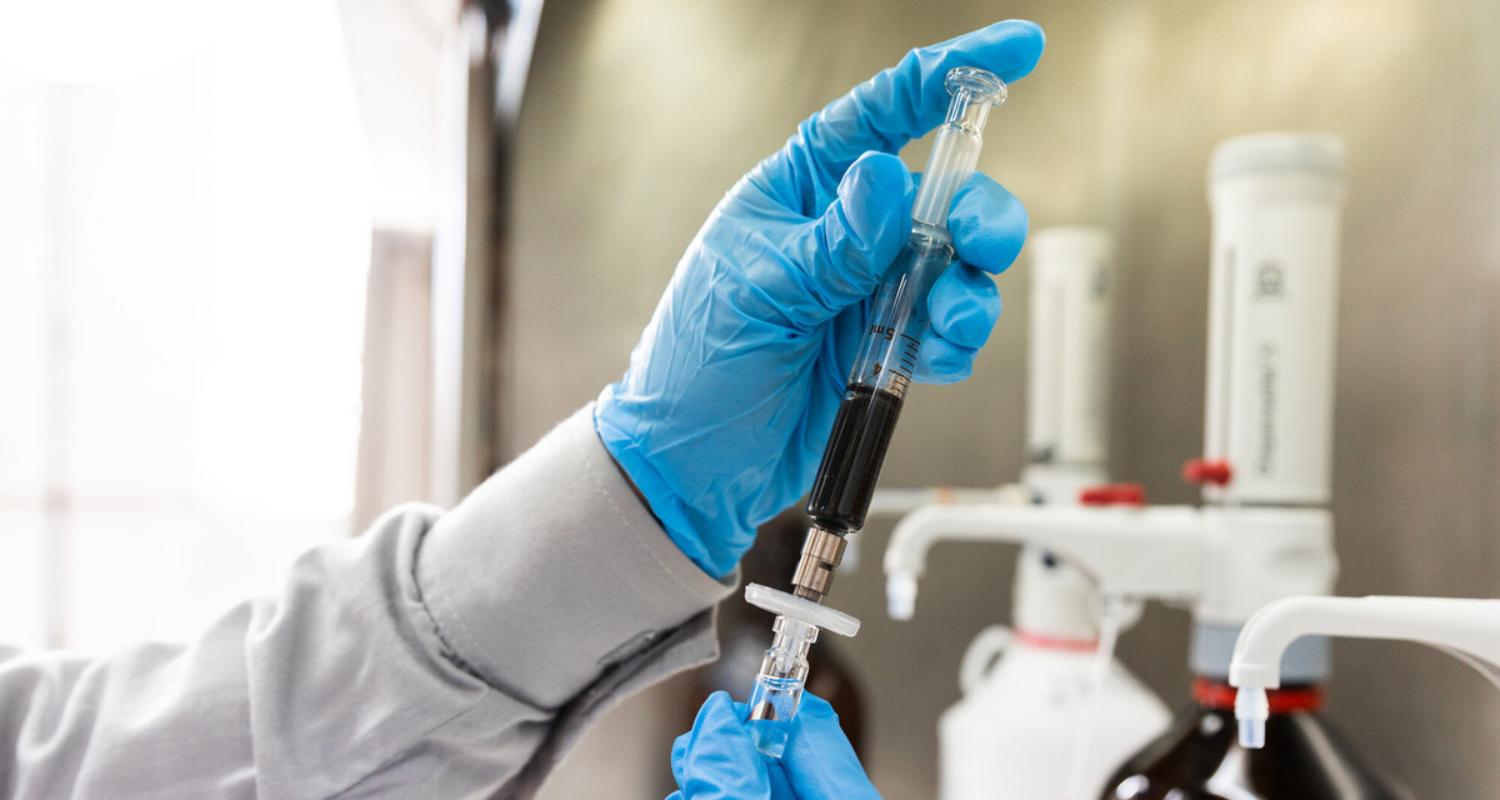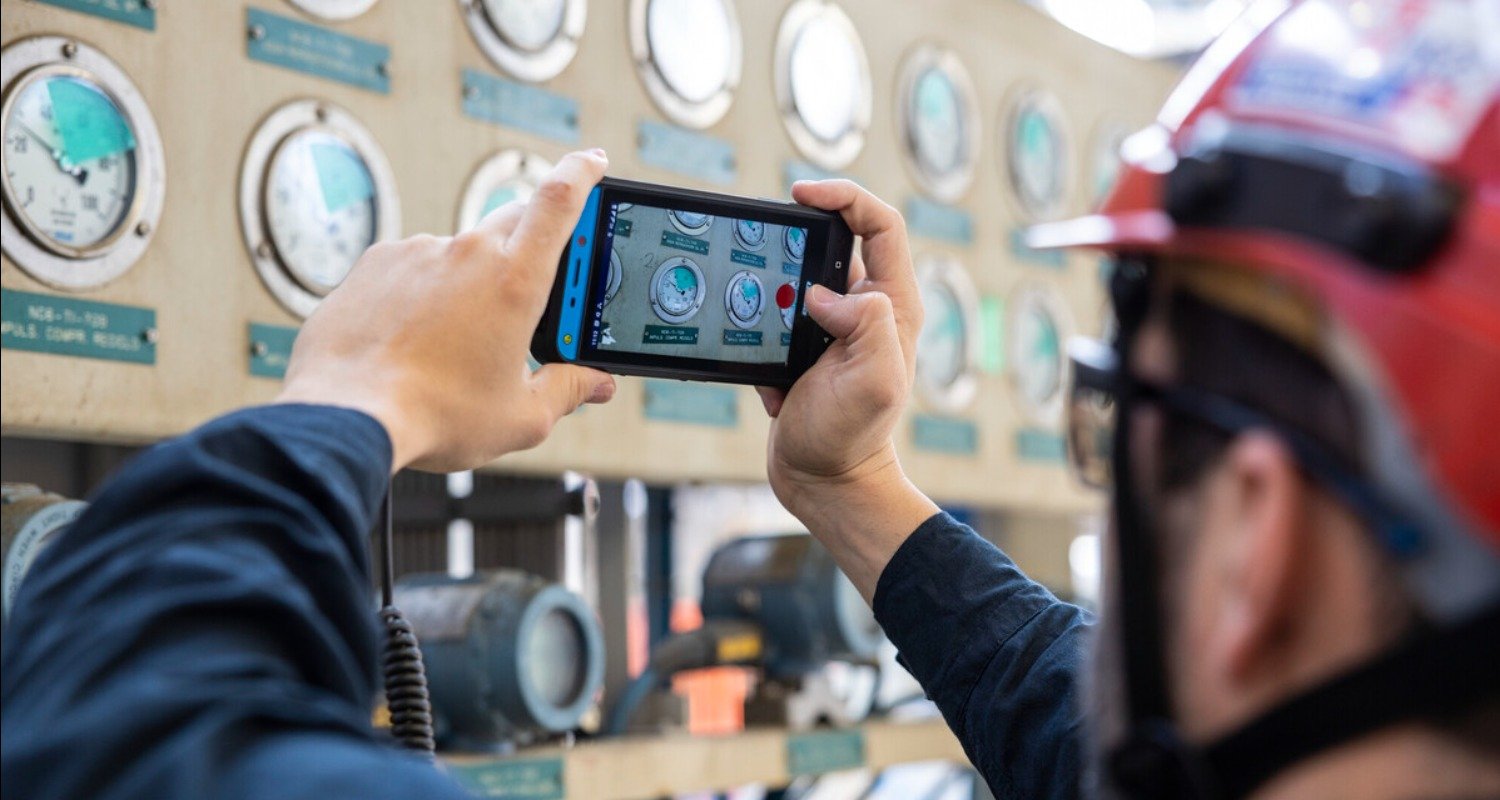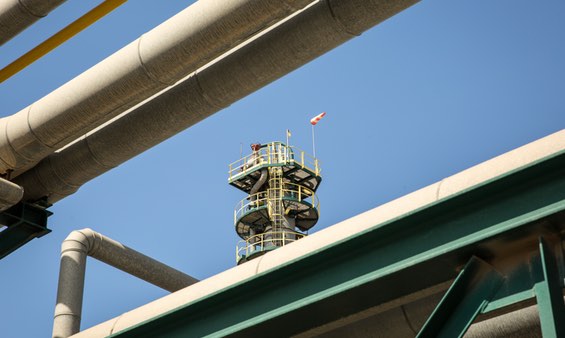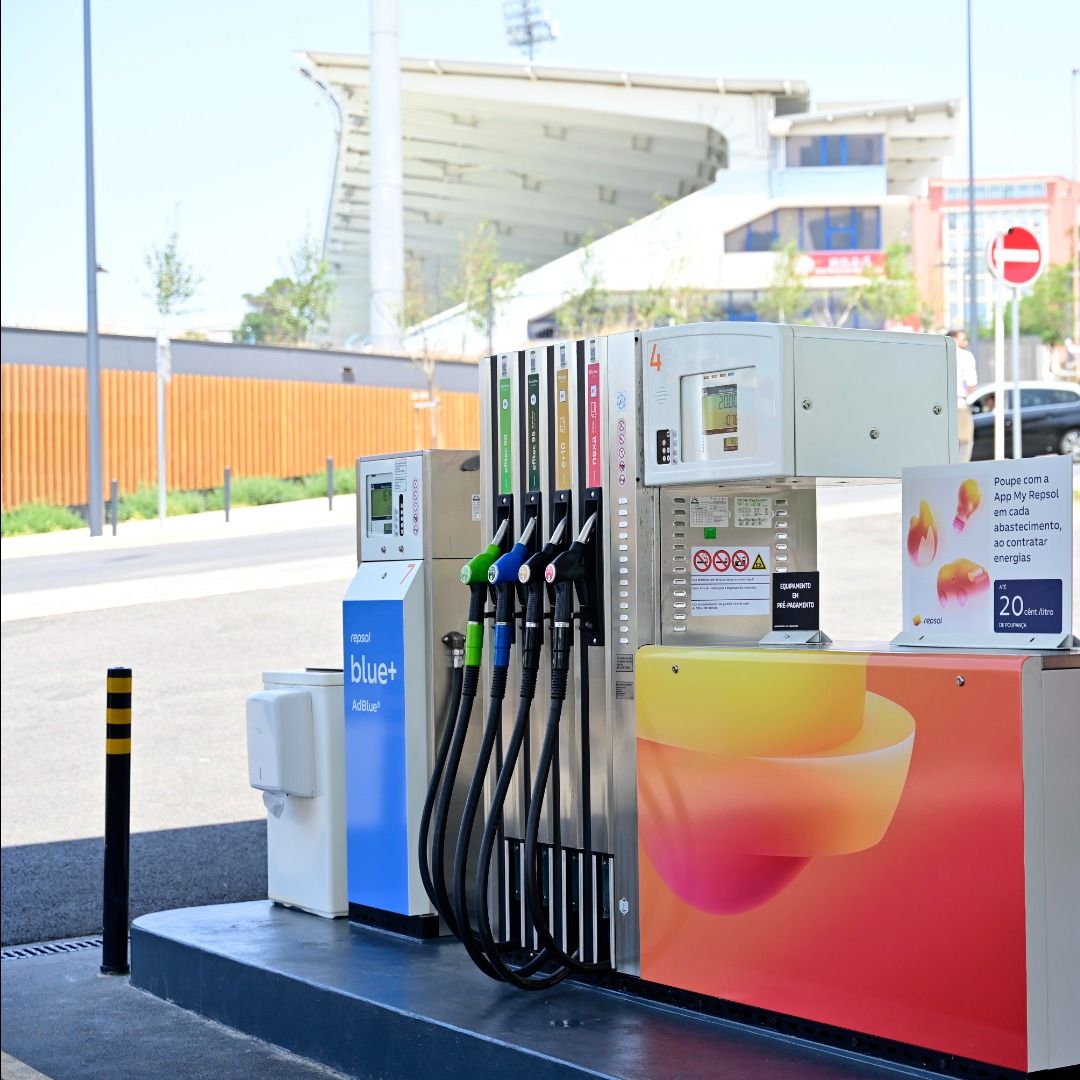Actions related to impact prevention and control
Actions related to impact prevention and control
Actions related to impact prevention and control
We implement concrete actions to reduce the environmental impact of our operations. Here's a look at some of them.
Monitoring
Monitoring
Of air, water, and soil.
Development of energy solutions
Development of energy solutions
To minimize emissions.
Substances of concern
Substances of concern
Safety in our products.
Measures to prevent pellet loss
Measures to prevent pellet loss
Operation Clean Sweep.
Reduction of VOC emissions
Reduction of VOC emissions
At our industrial complexes.
Comprehensive prevention plan
Comprehensive prevention plan
Early detection of leaks at service stations.
Discharge control
Discharge control
For a comprehensive management.








